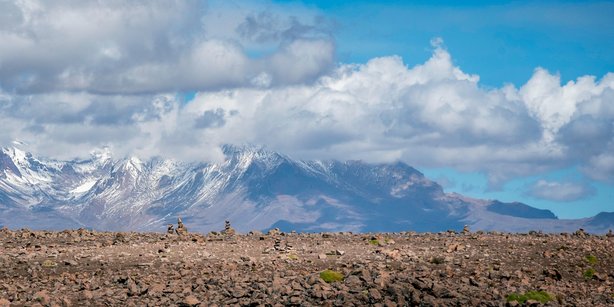Ecological stoichiometry

Terrestrial microbial decomposer communities thrive on a wide range of organic matter types that rarely ever meet their elemental demands in terms of…
Soil microorganisms and plants are key players in the production and breakdown of organic matter, and together control global biogeochemical cycles of carbon, nitrogen and phosphorus. TER, the Division of Terrestrial Ecosystem Research, aims to advance our fundamental understanding of how plants and soil microorganisms respond to, and in turn shape, their abiotic and biotic environment, and to determine the consequences for the functioning of Earth’s ecosystems.
Primarily dedicated to basic research, TER addresses pressing environmental issues, such as the impact of climate and land-use change on ecosystem functioning and the role of soils in the global carbon cycle and in food security. In doing so, we work on scales from µm (i.e. the scale at which microbes operate) to the biosphere (i.e. where plant and microbial processes become evident), and in ecosystems spanning the Arctic tundra to tropical rainforests. We integrate this scale of thinking with state-of-the-art methods, including stable isotope tracing and biomarker fingerprinting, and are developing novel approaches to estimate gross environmental processes with isotope pool dilution techniques.
We are strongly committed to conduct world-leading research in a motivating and intellectually stimulating environment, and to train our students to become independent and internationally competitive scientists who enjoy research and contribute to society as conscientious citizens.


Terrestrial microbial decomposer communities thrive on a wide range of organic matter types that rarely ever meet their elemental demands in terms of…

Tropical forests are centers of global biodiversity and integral parts of the global water and biogeochemical cycles. They play a key role in global…

Soil organic matter (SOM) represents a vast store of carbon, exceeding that of the atmosphere by at least 3-fold. Global change effects on the…

Nitrogen (N) availability in soils exerts a strong control on the terrestrial carbon (C) cycle, through effects on plant production and on microbial…